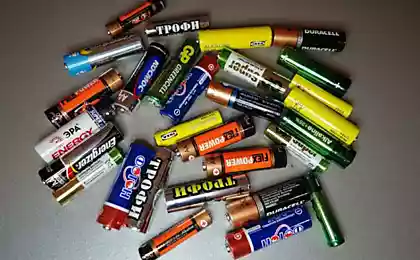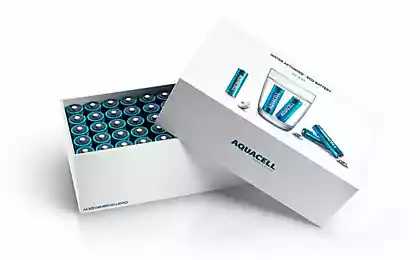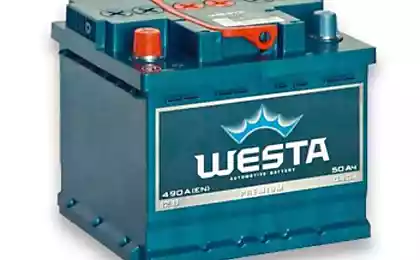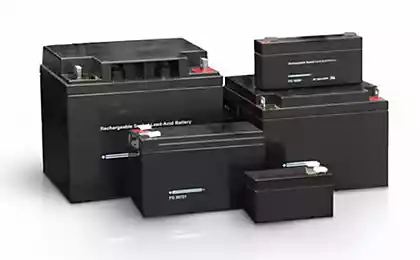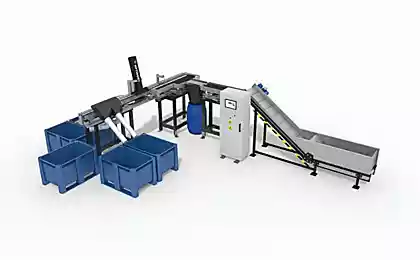450
As a conventional sand will help to prolong the service life of the batteries
Batteries, which all used to enjoy, have anodes based on graphite. But engineers can no longer improve the performance of this material, as it has reached its limit. This forced the experts to look for a replacement, including in the field of nanotechnology. Even more unexpected was the discovery, enable to use ordinary sand.
This files most often as an alternative nanotechnologists tried to use silicon. However, he was not much more than that of graphite, so very quickly wore out. In addition, the production of silicon nanoparticles is quite a time-consuming process.
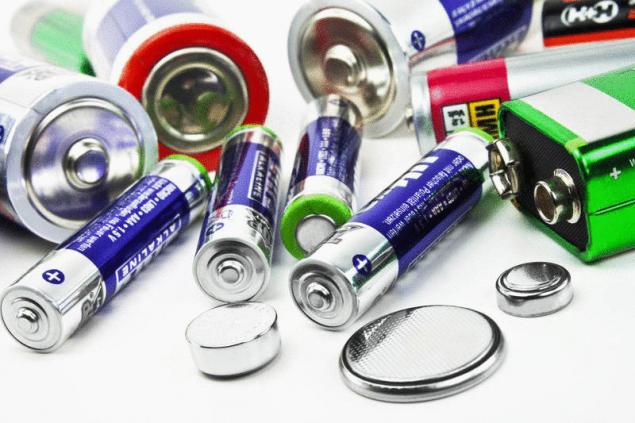
The way to offer employees of the University of California, riverside, simplicity and uniqueness. They found that ordinary sand is capable of three times to improve the performance of any battery. Therefore, the rental of an excavator loader for sand mining will help millions of gadgets to operate without recharging for three times longer than usual.
The author of the project is engineer Zachary Favors. The unusual idea was prompted by the surf while relaxing. The scientist knew that the structure of the sand is quartz, or silicon dioxide, however, a more detailed study Zachary Favors has never worked.
According to the publication Scientific Reports, the engineer took a few samples of sand, rich in quartz, to study in his laboratory. By grinding the scientist brought him to a state of granules, whose diameter is only a few nanometers. This was followed by a multistep purification, which turned the sand into some semblance of powdered sugar.
Later in the powdery sand, the researcher added the salt mixed with magnesium, followed by heating the formed mixture. In this process, the salt had the function of heat-absorbing material, and the magnesium removed the oxygen from the quartz, which gave the yield of pure silicon.
Subsequent studies showed that his method allows to obtain nanoparticles of silicon with an extremely porous structure, resembling a sponge. It is known that porosity plays a key role in improving the efficiency of the battery anodes, as it can provide a much more extensive surface area.
Zachary Favors and his team created an experimental lithium-ion battery, which size was no more small coins. The choice of anode obtained from crushed sand, gave the battery performance, which was three times higher than when using the usual graphite anode. The team is now working to transfer the technique to the production of "sand" batteries are larger in size.
Source: zeleneet.com
This files most often as an alternative nanotechnologists tried to use silicon. However, he was not much more than that of graphite, so very quickly wore out. In addition, the production of silicon nanoparticles is quite a time-consuming process.

The way to offer employees of the University of California, riverside, simplicity and uniqueness. They found that ordinary sand is capable of three times to improve the performance of any battery. Therefore, the rental of an excavator loader for sand mining will help millions of gadgets to operate without recharging for three times longer than usual.
The author of the project is engineer Zachary Favors. The unusual idea was prompted by the surf while relaxing. The scientist knew that the structure of the sand is quartz, or silicon dioxide, however, a more detailed study Zachary Favors has never worked.
According to the publication Scientific Reports, the engineer took a few samples of sand, rich in quartz, to study in his laboratory. By grinding the scientist brought him to a state of granules, whose diameter is only a few nanometers. This was followed by a multistep purification, which turned the sand into some semblance of powdered sugar.
Later in the powdery sand, the researcher added the salt mixed with magnesium, followed by heating the formed mixture. In this process, the salt had the function of heat-absorbing material, and the magnesium removed the oxygen from the quartz, which gave the yield of pure silicon.
Subsequent studies showed that his method allows to obtain nanoparticles of silicon with an extremely porous structure, resembling a sponge. It is known that porosity plays a key role in improving the efficiency of the battery anodes, as it can provide a much more extensive surface area.
Zachary Favors and his team created an experimental lithium-ion battery, which size was no more small coins. The choice of anode obtained from crushed sand, gave the battery performance, which was three times higher than when using the usual graphite anode. The team is now working to transfer the technique to the production of "sand" batteries are larger in size.
Source: zeleneet.com
The Alsace hamster is 3 million euros, as a chance for salvation
10 of the best reserves in the world





